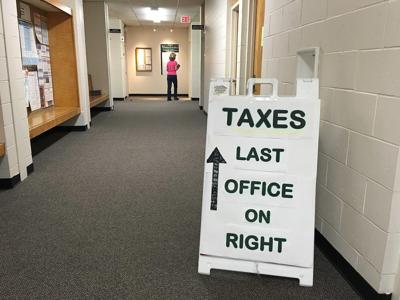On May 24, 2021, the Colorado Supreme Court continued its crusade against the Taxpayer’s Bill of Rights. It allowed the General Assembly, yet again, to maneuver around TABOR’s constitutional restrictions and effectively raise taxes without getting the required voter approval. The procedure used by the General Assembly was the unusual one of submitting Interrogatories to the Supreme Court, which ask whether their proposed scheme is allowed, prior to passing the law.
At issue were the mill levy rates in 174 separate school districts. The voters in all of these districts had, with varying language and circumstances, voted to exempt their districts from the necessity of returning excess revenues to their taxpayers. The districts were then impacted by the Colorado Department of Education’s determination that, in order to prevent revenues from increasing, they had to lower their mill levies as property values increased, and therefore, property tax revenues increased.
The legislature proposed, and now has passed, a complex plan to eliminate tax credits, which it created just last year, gradually over the course of the next 19 years. Of course, the State imposition of higher mill levies and its elimination of tax credits will raise taxes. Given the increase in Colorado property values, the increases will be significant.
The TABOR Foundation, filed a friend of the court (“amicus”) brief, written by attorney Rebecca Sopkin. The TABOR Foundation’s participation gave you a voice in this matter. The filing protested this clear evasion of the requirement that voters approve any increases in their taxes.
Justice Brian Boatwright, in a well written dissent, pointed out that taxpayers “will see an increase in their mill levy rates as a result of” the proposed legislation, HB1164. He then noted that “[t]he voters today did not approve of this, and neither did the voters in the late 1990s.” The court majority, however, disregarded the obvious impact of this legislation and gave its tax increases the green light.
Colorad Supreme Cout Opinion by The Forum on Scribd






